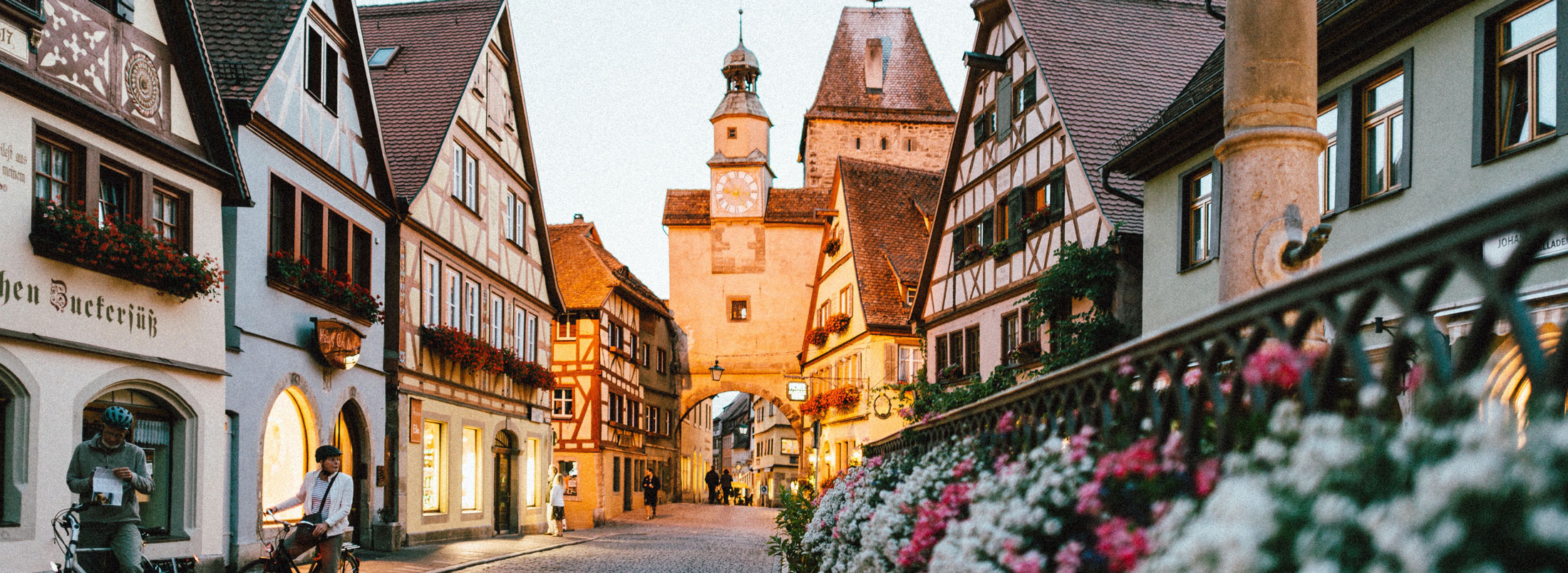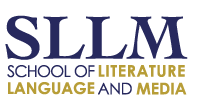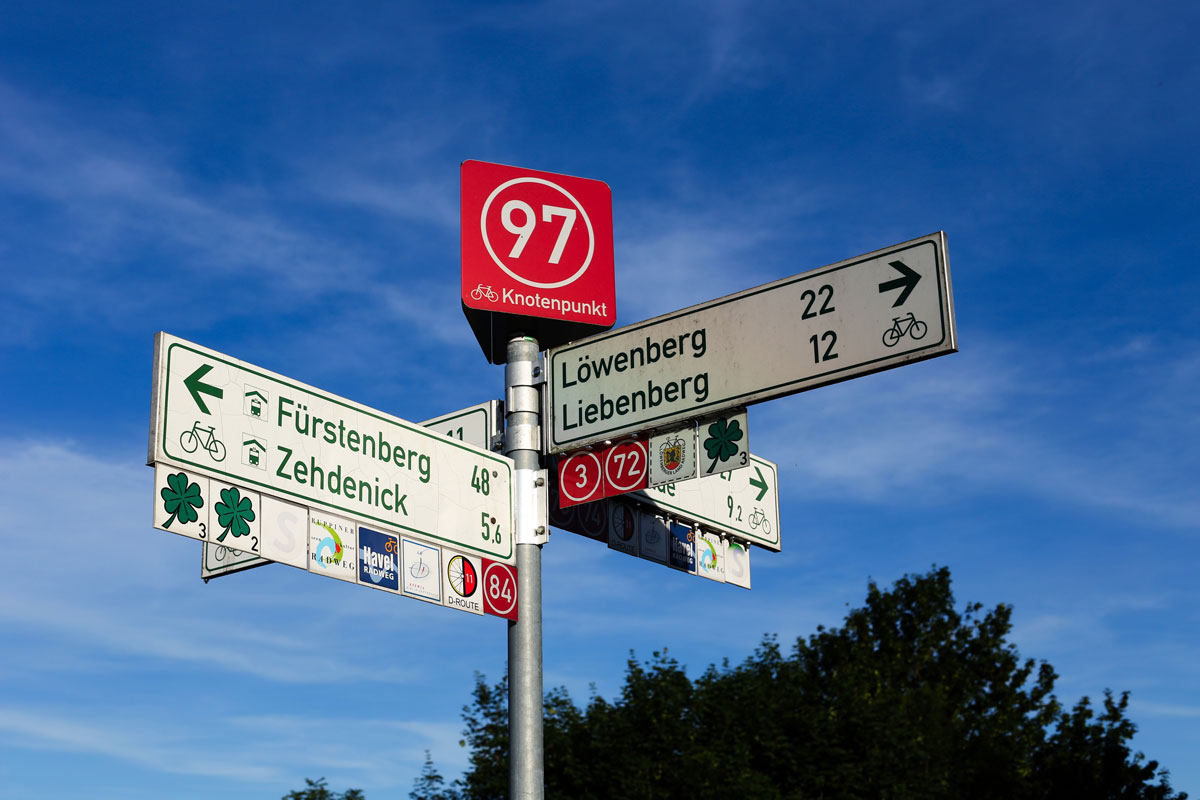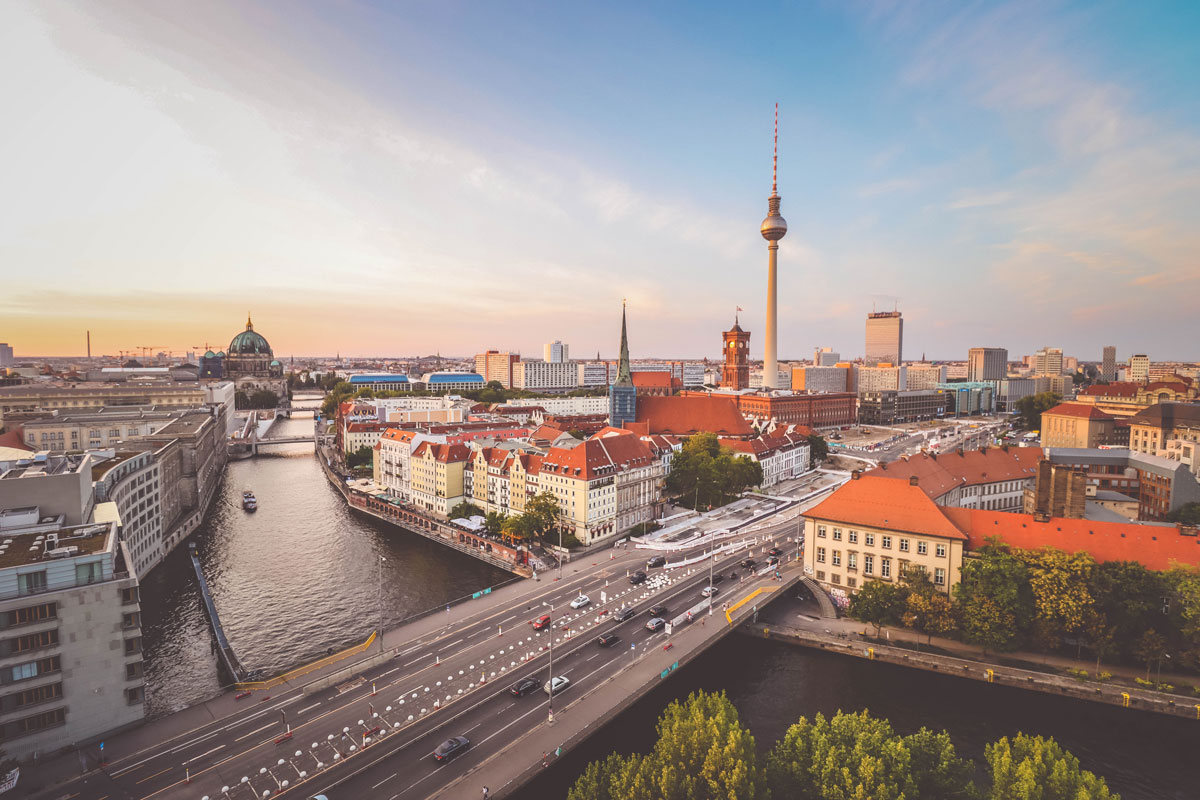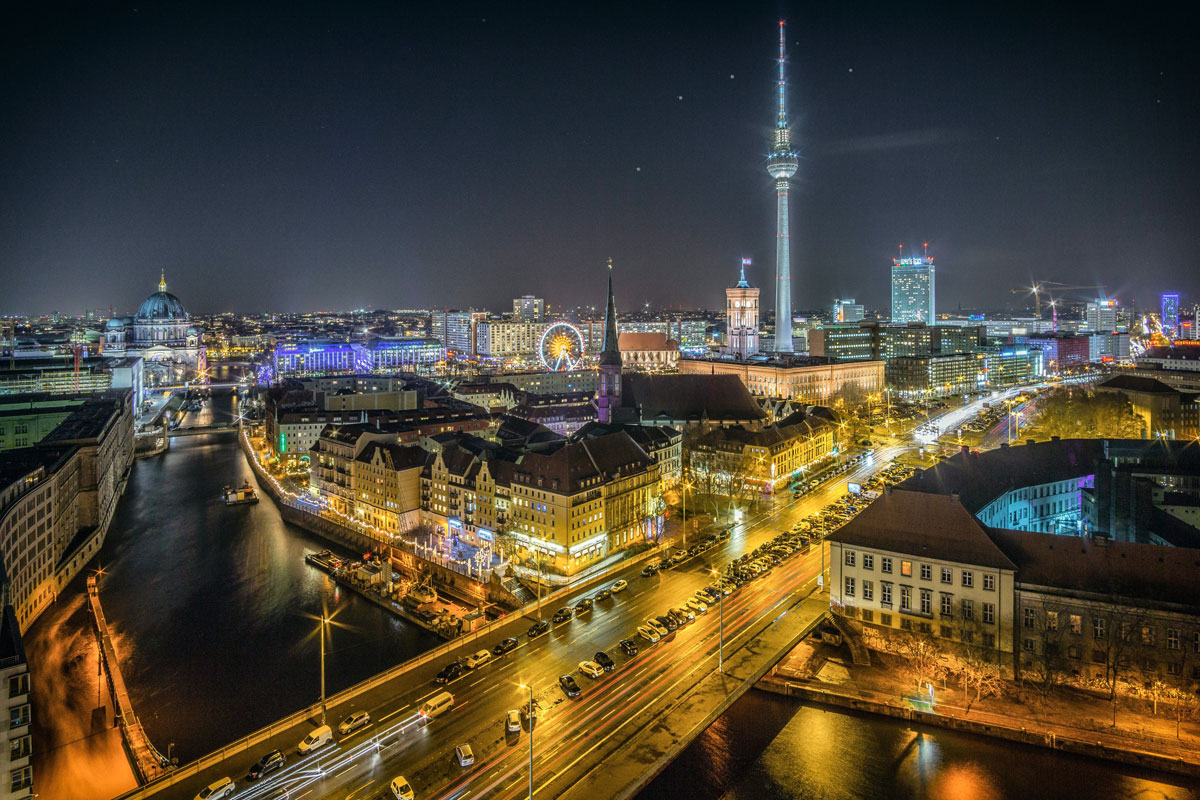MDLL3012A - Selected Topic in German: The Contemporary Novel (Semester 1 / C-diagonal)
This course is divided into two parts focussing on literature with relevance to the African continent: In the first teaching block, the crime fiction genre will be critically discussed. In the second teaching block, the critically acclaimed novel by the Black-German author Sharon Dodua Otoo’s “Adas Raum”, that spans five centuries from 15th century Ghana to present-day Berlin will be analysed with reference to postcolonial theory as well as its innovative narrative style.
MDLL3002A - Advanced German Composition and Stylistics (Semester 1 / C-diagonal)
Four lecture periods per week deals with the reinforcement of German grammar, text production and spoken language at an advanced level (B1.1). In the Composition & Stylistics lecture period, various texts will be read and produced from a stylistic point of view, sensitising students to ways in which language mediates our perception of the world and especially contemporary German culture.
MDLL3006A - German Classicism and Romanticism (Semester 2 / C-diagonal)
This course aims to introduce two key periods of German literature and culture whose texts are still being used as inspiration in various fields to this day. German Classicism is considered to be the period of Goethe’s and Schiller’s friendship from the late 18th century to Schiller’s death (1805). The tragedy “Faust I” by Goethe will be discussed as a work of the German Klassik. Beauty, truth and virtue combined with harmony, objectivity and formal perfection were the ethical and aesthetic ideals of the German Classical period that was a synthesis of the rationalism of the Aufklärung and the emotionalism of the Sturm und Drang. Against this, Romanticism can be viewed as a rupture, which stresses the subjective, irrational side of the psyche and which strives in its aesthetic towards the infinite (“Universalpoesie”) which encompasses an amalgamation of all genres. Selections from Grimms’ Fairy Tales will be discussed as examples of the German Romantik.
MDLL3009A - German Negotiating Language (Semester 2 / C-diagonal)
This unit builds on MDLL3002A and furthers the reinforcement of German grammar, text production and spoken language at an advanced level (B1.2), with an emphasis on advanced grammar, text writing and translation.
